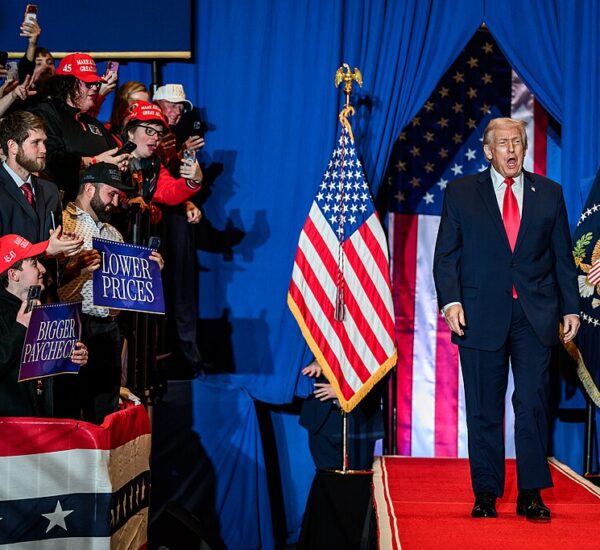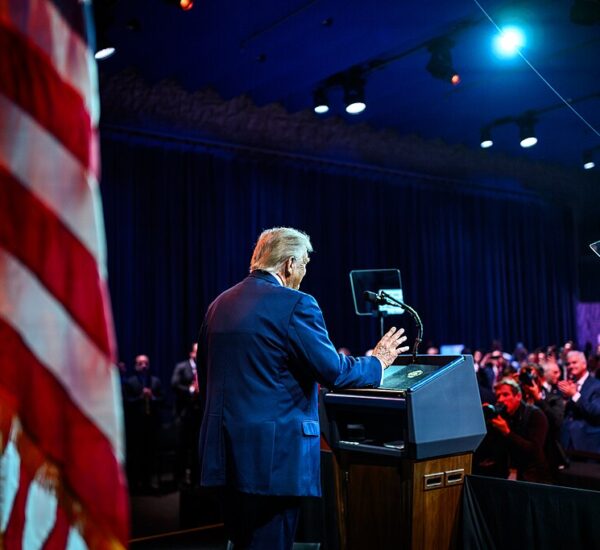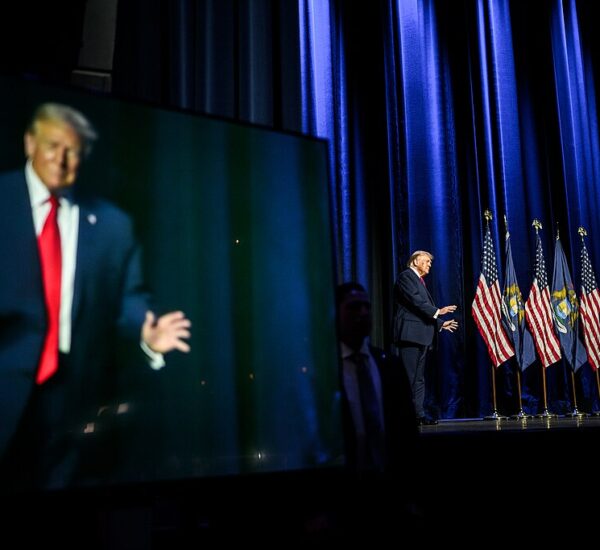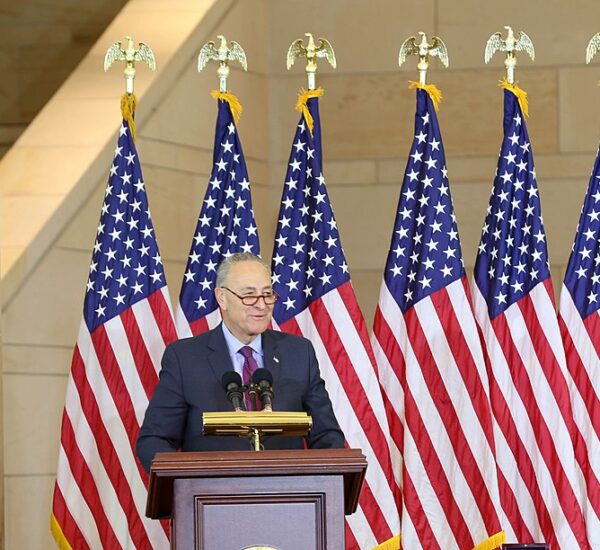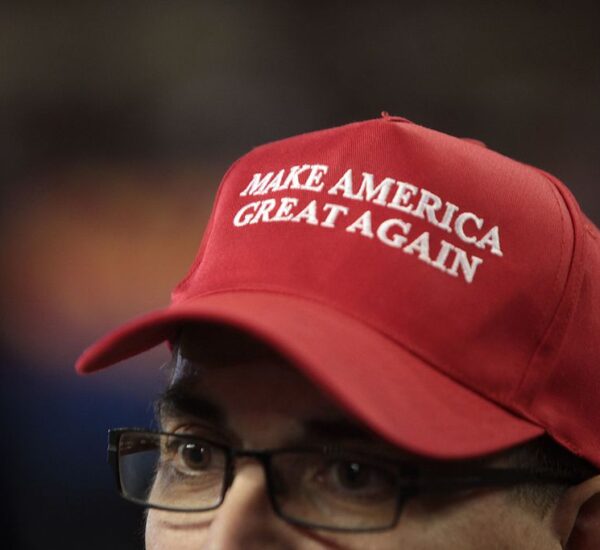The Supreme Court is set to determine whether the Biden administration overstepped its boundaries by allegedly pressuring social media giants to censor specific content, particularly posts concerning Covid-19 and the 2020 election. This decision comes after the justices put a hold on a previous ruling that prohibited the White House from engaging with social media firms over supposed misinformation.
The case, initiated by Republican attorneys general from Missouri and Louisiana, argued that the administration infringed on First Amendment rights by indirectly forcing the removal of content it found objectionable. Both a conservative district judge and an appellate court previously showed favor toward this argument.
However, the decision to halt the injunction didn’t come without opposition. Three conservative justices — Samuel Alito, Clarence Thomas, and Neil Gorsuch — expressed their dissent. Alito, in a detailed opinion, labeled the court’s move as “highly disturbing,” suggesting it could potentially suppress the expression of controversial political perspectives on digital platforms, which are primary sources of news dissemination.
Missouri’s Attorney General Andrew Bailey didn’t mince words, calling the situation “the worst First Amendment violation in our nation’s history” and expressed eagerness to challenge what he termed Biden’s “censorship enterprise” at the apex court. Similarly, Louisiana’s Solicitor General Liz Murrill saw the Supreme Court’s intervention as an opportunity to establish a precedent that the government cannot silence opposing views under the guise of official speech. Jeff Landry, the Attorney General of Louisiana, recently elected as governor, is set to assume office in January.
Former Missouri AG and current Senator Eric Schmitt, who initiated the case in 2022, described it as a landmark free speech issue.
The White House maintained silence on the matter, and a representative from the Justice Department opted not to comment. The majority of justices did not provide a rationale for their decision, a common practice in emergency cases, which drew criticism from Alito for the lack of transparency.

